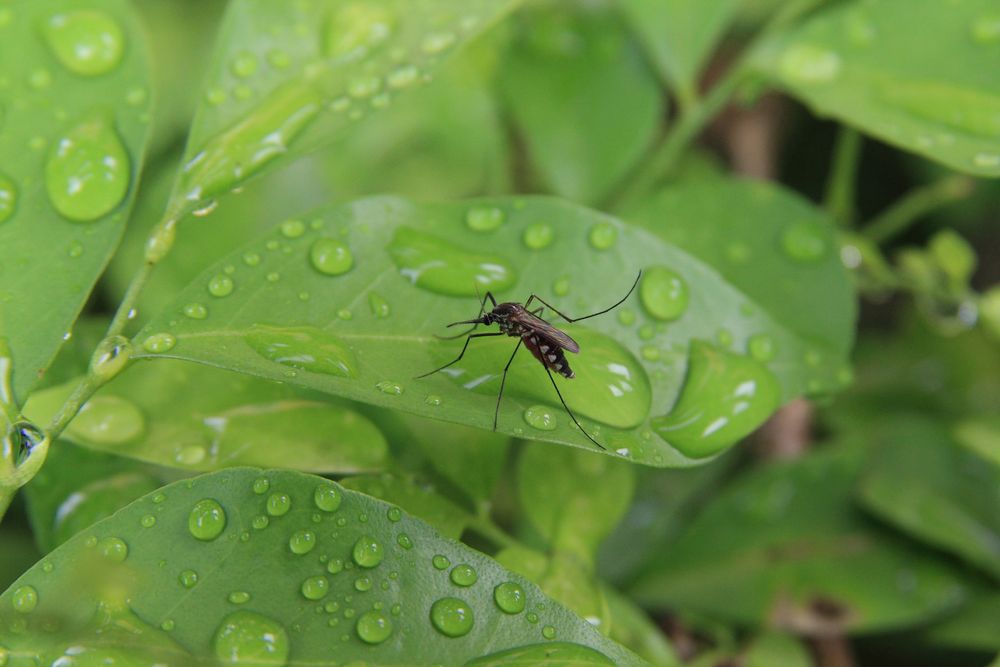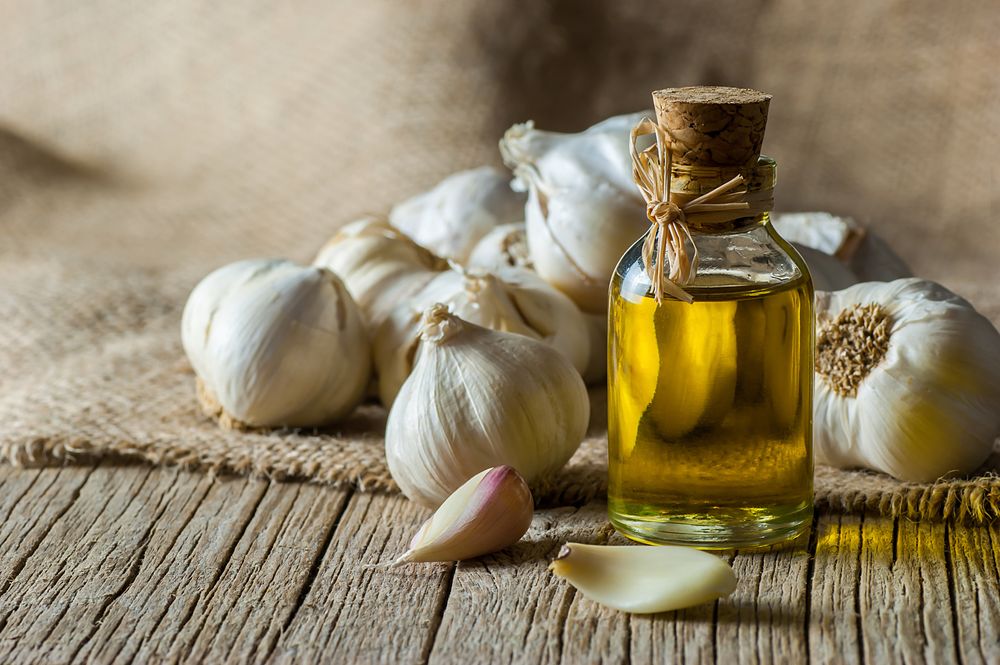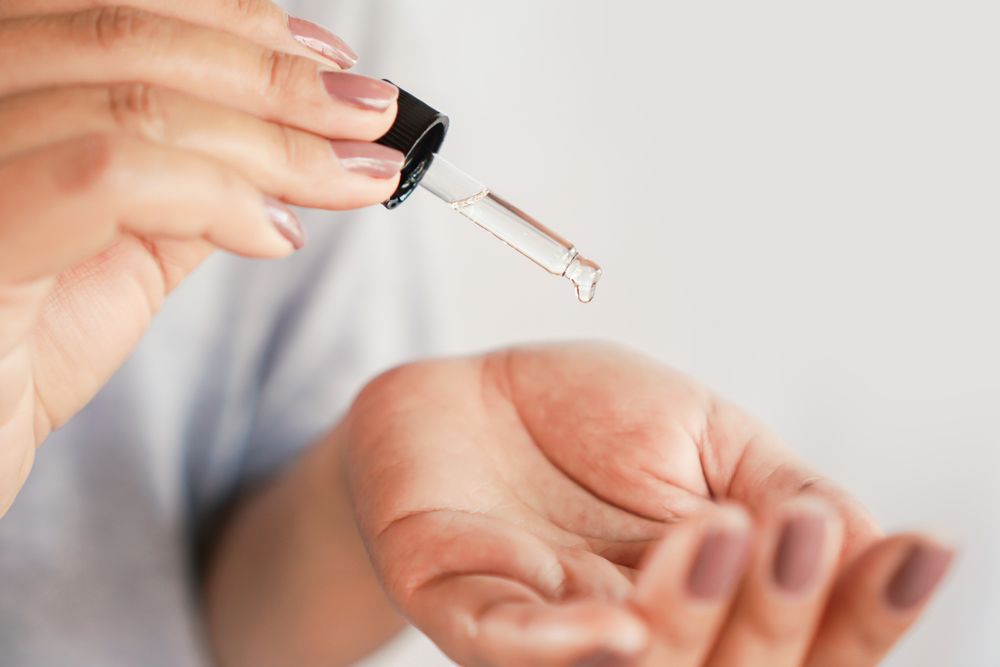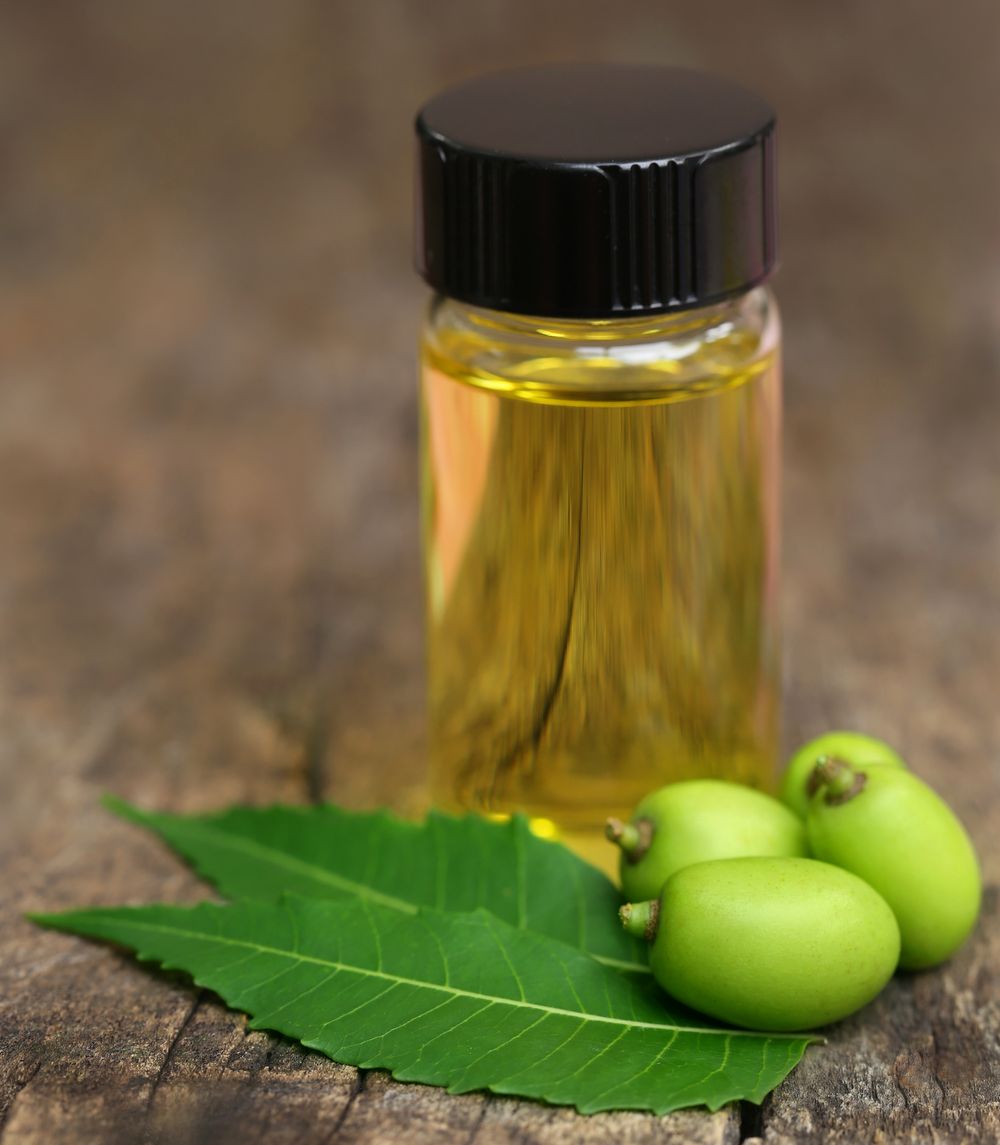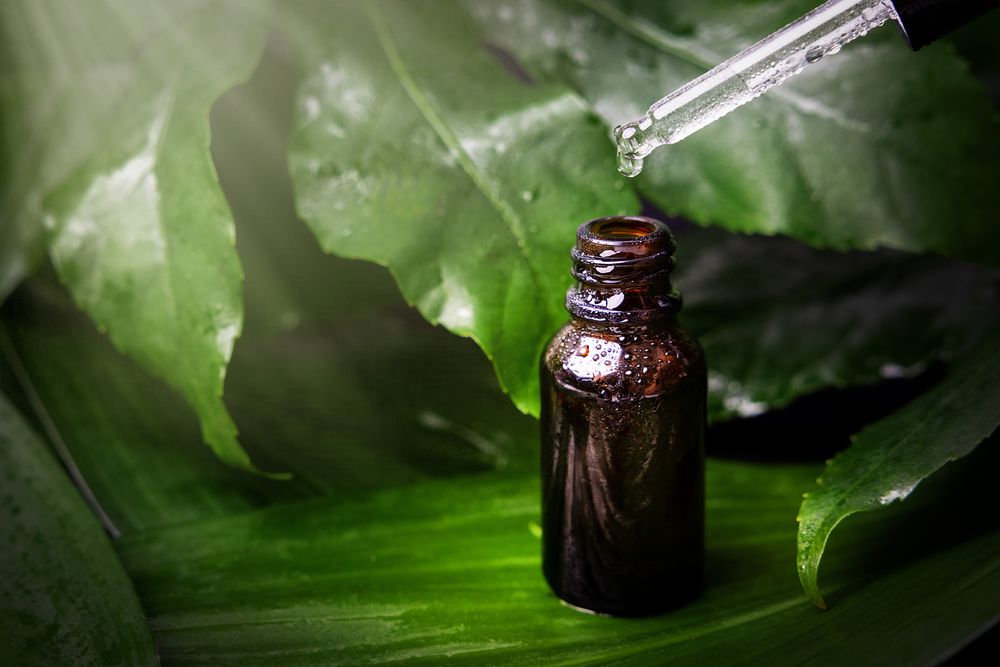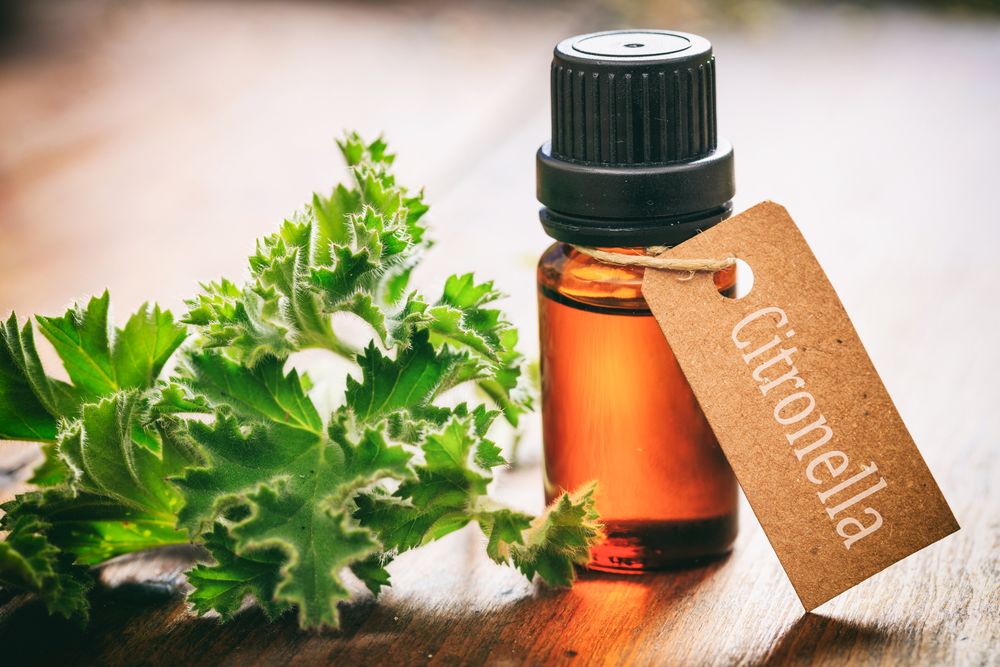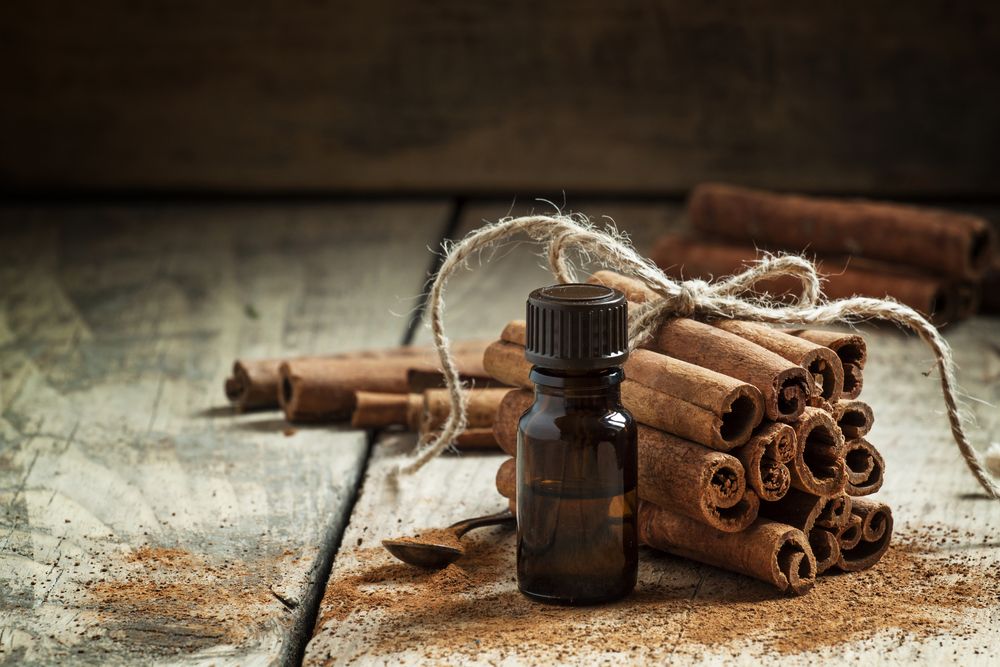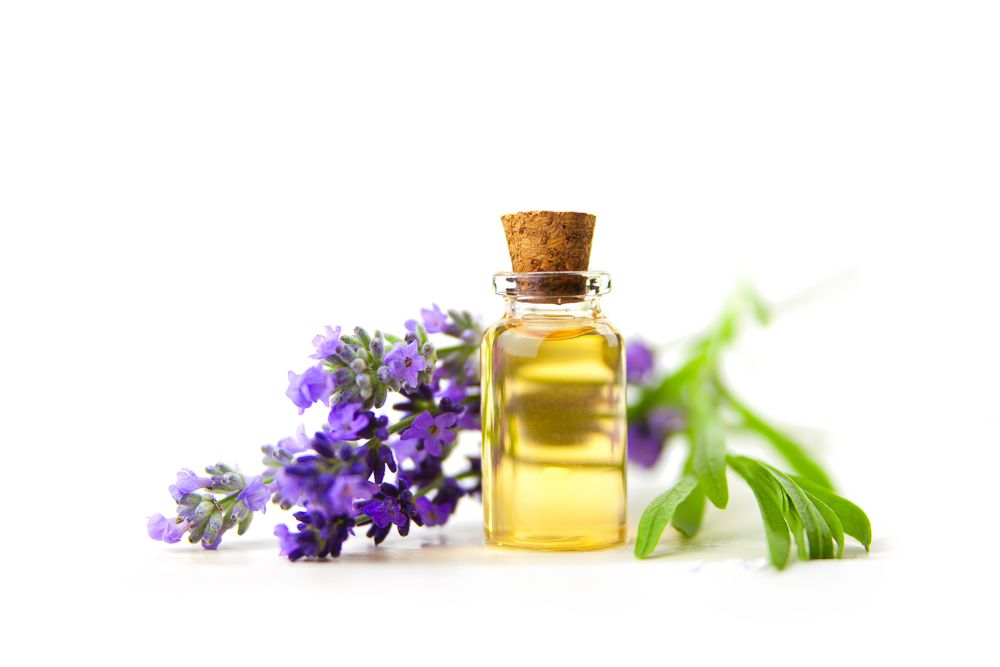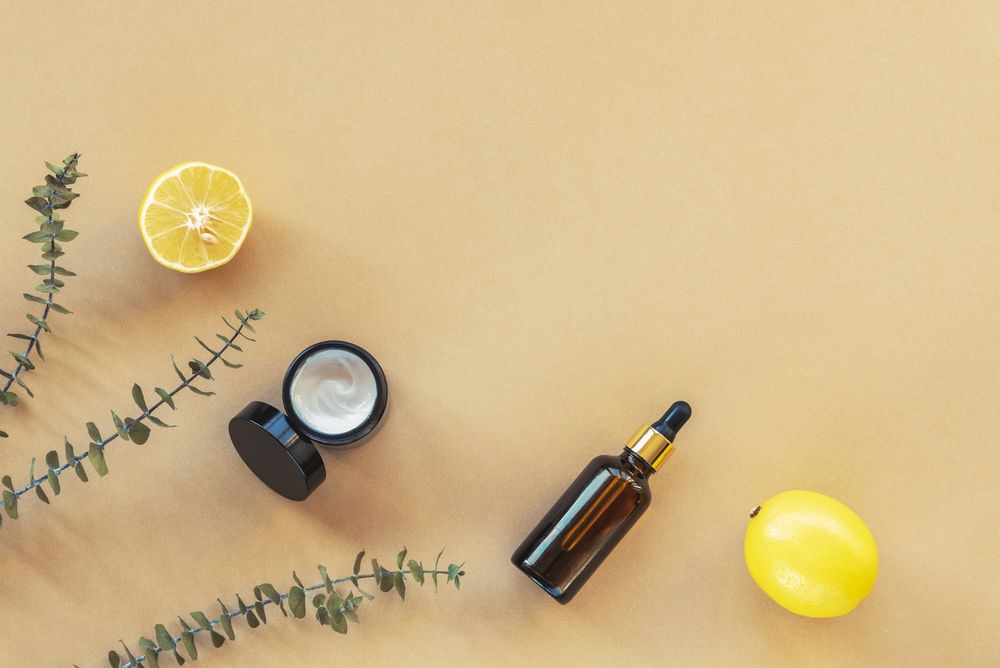Best Natural Remedies for Repelling Mosquitoes
We have different species of mosquitoes and the variety that causes malaria mostly prefers bacteria and sweat. Others may be attracted to carbon dioxide or skin odors humans produce. Some mosquitoes are also attracted by fragrances like body lotion and perfume. If you are always attracting mosquitoes at night you are most likely tired of itchy, irritating skin.
Worry not because you can protect yourself from the mosquitoes without using any chemical repellents or Deet which may cause health and environmental problems. Using these chemical mosquito repellants may affect sensitive people by causing skin rashes, severe headaches/dizziness, or even nausea. Apart from causing health and environmental problems, mosquitoes could be annoying insects that keep buzzing around, disrupting your sleep.
Mosquitoes prefer warm weather -outdoor activities done in the warm weather like hiking, camping, or hanging out in the backyard are a sure way of encountering these insects. Pregnant women and children are to avoid using chemical repellents and try natural repellents as they are an effective way to repel mosquitos. Natural remedies do not have any extreme side effects compared to using chemical repellents. With that said you may think of avoiding these chemical repellents and going the natural way.
How to Naturally Control & Repel Mosquitoes
Lemon Eucalyptus Oil
Lemon eucalyptus oil is a perfect way to repel mosquitoes. The extract is distilled from the leaves of the lemon eucalyptus tree. According to statistics by CDC, lemon eucalyptus oil was classified as a natural effective ingredient in mosquito repellent. Both lemon and eucalyptus oils have a component cineole in them with antiseptic and insect repellent properties.
Lemon eucalyptus oil also helps relieve some diseases like the common cold that come with a lot of congestion and coughing.Apart from mosquitoes, the active ingredient citronellal could also be used to make pesticides that work against other biting insects. If you have skiing conditions like wounds and infections or suffering from respiratory diseases, the lemon eucalyptus oil could work as an effective remedy since the oil holds high antioxidant properties.
If you’re purchasing the oil from a commercial store, it’s best to read instructions on the label before using it. While at the convenience of your home, you could make a DIY lemon eucalyptus oil-repellent by mixing lemon eucalyptus oil with sunflower oil or witch hazel. Shake well and apply to clothes and exposed skin, being careful not to spray in the eyes. You can also make a DIY mosquito repellent by adding 10 drops of lemongrass oil, and 10 drops of rosemary oil to about 50ml of carrier oil which can be made of coconut or olive oil. This remedy is natural and doesn’t pose any health effects to humans. You only need to apply the repellent to areas of the skin that are affected.
Lavender
Mosquitoes hate lavender and this makes it a perfect mosquito repellent ingredient. Lavender flowers produce oil that repels mosquitoes. It also has other antiseptic and antifungal qualities that calm and soothes skin after mosquito bites. Lavender is the ultimate go-to remedy if you’re looking to keep off repellents filled with chemicals and bad odor. The essential oil is a key ingredient if you want to make your own bug repellent.In an outdoor setting, its efficacy rate against repelling mosquitoes, according to a 2009 study, stands at 53 percent. To keep mosquitoes at bay, you can prepare the remedy by mixing these ingredients:
- Add 1 tablespoon of carrier oil such as avocado, almond, or jojoba oil
- 10-20 drops of lavender essential oil
- 1.5 tablespoon of water
- 1 tablespoon of vodka
The lavender essential oil is known to have a high concentration of linalool which is commonly used in commercial mosquito repellents. Sometimes, the composition can be up to 25%, depending on the essential oil brand you’re looking to purchase. You can also choose to grow some lavender plants in your garden. Once the lavender flowers are mature, harvest and crush them to produce oil. Use the oil to apply on your skin before sleeping or you could apply it to mosquito-bitten areas to calm and soothe your skin.
Cinnamon Oil
Cinnamon oil can both kill mosquito eggs and act as a repellent against mosquitoes. Like other insects and pests, mosquitoes are repelled by the smell of cinnamon and its powdered texture. Cinnamon is also used as a natural way to get rid of fungus gnats on houseplants. It kills mosquito larvae, so it’s easy to suppress an infestation before it worsens. Using a spray bottle, mix a quarter teaspoon of drops of oil for every 1 liter of water. Shake well and spray the fluid on your skin, clothes, or walls at home. You could also spray on mosquito hiding places like indoor plants, under the furniture. One study found that while cinnamon oil is an effective remedy, it’s yet to be tested against adult mosquitoes. For this reason, you might need to combine it with other natural remedies if you’re dealing with mosquitoes that are past the larval stage.
Thyme Oil
Thyme oil is another excellent mosquito repellent that can be applied to the skin for protection against mosquitoes. Thyme has antimicrobial properties used in medical remedies. You can also repel these insects by using thyme by burning thyme leaves. This is a natural and safe way to repel mosquitoes. Using a spray bottle, mix 5 drops of thyme oil with 2 liters of water. Shake well and spray the mixture on your skin, clothes, or walls. Another way of doing this is by mixing 4 drops of thyme oil with a teaspoon of olive or jojoba oil.
Greek Catnip Oil
Nepetalactone, the essential oil in catnip that gives the plant its characteristic odor, is a very effective mosquito repellent. Catnip oil is extracted from the catnip plant by steam distillation. The stems, leaves, and flowers of the plant are harvested, placed in a pressure cooker for some time. Once cooled, filter out the oil from the flowers. you could refrigerate the oil for future use.
Soybean Oil
Soybean oil is produced from the seeds of the soybean plant and could provide long-lasting protection from mosquitoes. Normally, it is applied directly to the skin to repel mosquitoes. To extract soybean oil, the soybeans are cracked, adjusted for moisture content, heated to between 60 and 88 °C, rolled into flakes, and solvent-extracted with hexanes. Then the oil is refined and blended, mostly this is for commercial use. Buy coconut oil and while at home, mix a little lemongrass oil to your soybean oil. The effect on repelling mosquitoes will be better.
Citronella
Citronella oil is extracted from the leaves and stems of different species of (lemongrass). This oil is extracted using different processes such as fractional distillation, steam distillation, and hydro-distillation. The oil is used extensively as a mosquito repellent by applying it on the skin for protection. While some people apply it on the skin, others burn citronella in a candle, for protection purposes. Citronella is sometimes mixed with other oils, examples are castor bean or catnip.
Tea Tree Oil
Tea tree oil may be used as an effective mosquito repellent due to its antiseptic and anti-inflammatory properties. It is extracted from the leaves of the Melaleuca alternifolia plant, found in Australia. Apply a few drops of this oil on your skin to keep the mosquitoes at bay.
Neem Oil
Neem oil plays two roles: pesticides and fungicides. It’s extracted from the seeds of the Neem tree (Azadirachta indica), an evergreen tree that grows in the tropics and sub-tropics. Naturally, It has a deep yellow color and has a garlic-like odor. It is used by applying it to the skin. To make an indoor mosquito repellent with neem oil, mix equal portions of neem oil with coconut oil. Consider using extra virgin neem oil that is cold-pressed.
Geraniol
Geraniol is found in essential oils of plants like lemongrass or lavender. Mostly it is used by the cosmetic and food industry because of its ability to repel mosquitoes. This type of alcohol can cause eye or skin irritation if exposed to it. Watch out for the eyes or any broken skin before applying it.
Garlic
Apart from garlic relieving mosquito-bitten skin, it also acts as a mosquito repellent. The bad smell from garlic is what actually repels these mosquitoes. What you do is crush some garlic, put it into the water, and bring it to a boil. Once it has cooled, spray the liquid in the room.
Mosquito Magnet
When mosquito magnets are placed in the right places, they will attract as many mosquitoes as possible. This device pulls mosquitoes instead of repelling them by giving off a gas that lures mosquitoes into it. Once they are trapped, they are gone.
Other Examples of Controlling & Repelling Mosquitoes
- Avoid dressing in dark clothes.
- Keeping and maintaining any mosquito-killing mosquito predators in your landscape
- Use bath oils that are mosquito repellents. An example is the popular ‘Avon’s skin so soft bug guard plus’
- Solve by practicing mosquito-larvae control.
Landscaping Measures to Take Against Mosquitoes
Apart from using natural mosquito repellents, you could also control mosquitoes by taking other landscape measures. Killing any flying insect is almost an impossible task especially when they breed and become adults. Moreover, they are small insects that are slippery and hard to catch, the remaining solution here would be eliminating them even before they get to breed.
One focus would be killing mosquito larvae or mosquito breeding grounds by fumigating them. We all know that any standing water is a mosquito breeding ground. Eliminating these stagnant waters is a sure way of preventing mosquitoes from multiplying and killing them.
Before doing this, it’s important to check if there are any places in your home where mosquitoes breed, if there are none then focus on eliminating stagnant waters outside. Examples of stagnant waters include;
- Empty plastic pots in the garden
- pool covers
- areas in lawns where rainwater can collect.
- Water buckets
- Bottles and cans.
- Clogged rain gutters
- Used car tires
- Old wheelbarrows
- pets water bowls
However, you notice that there are standing waters that you cannot eliminate, for example, swimming pools or fish ponds. It is possible to control mosquitoes from growing and spreading in these waters by taking these measures;
- Try to keep them clean and chlorinated. Chlorine does not kill mosquitoes, it keeps the swimming clean and healthy. Leaving no grounds for mosquito-spread.
- Keep the waters in the ponds moving by aerating them. You could use a pump for this. Mosquitoes do not breed in moving water, only stagnant water.
- Do not grow any aquatic plants in ponds because mosquitoes could find a way to hide in these plants. If any of these plants get to grow without you planting them, then uproot them as soon as you notice them.
- We have fish that eat mosquito larvae, an example is a mosquitofish. Try putting them in ponds as their presence does not welcome mosquitoes. We have common fish types that are mostly used in ponds. Minnows, goldfish, and the Gambusia affinis are the best fish to stock in your ponds.
Treating Mosquito Bites
Mosquito bites could be itchy, irritating, and very uncomfortable. It is possible to treat these bites so that they cannot grow into bigger swellings. While at home, try using apple cider vinegar by rubbing it on the bitten area. Some oils like lavender are also great at calming and soothing mosquito-bitten skin. Put some oil on the bitten area for a soothing experience.
Did you also know that raw onion or garlic can bring relief to your mosquito-bitten skin? Some people develop allergic reactions out of mosquito bites, and when this happens it’s advised to seek medical advice from your doctor. Observe any abnormal symptoms like high body temperature or any sort of bleeding.
Possible Risks
It’s advised to buy essential oils from reliable trusted sources because these oils could be faulty sometimes. Before purchasing these oils, always make sure to do a test on a small section of your skin and wait for an hour thereafter in case of any possible skin reactions. If the oils do not react with your skin then it means they are safe for your skin use. It’s important to note that virgin essential oils should not be put directly on the skin, they should be mixed with water or carrier oils like castor oil.

